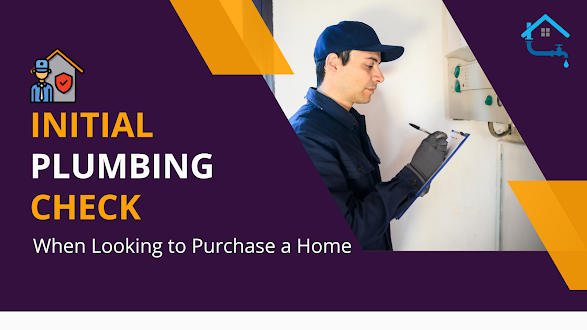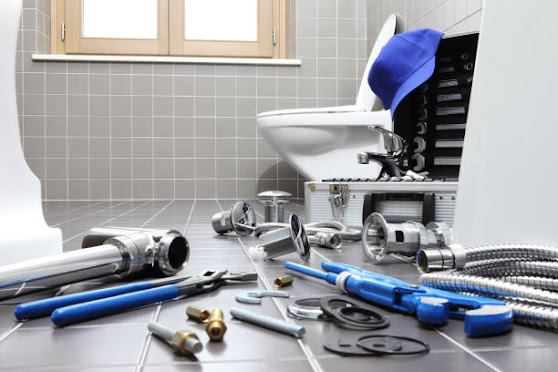Burst Pipes: What to Do When a Plumbing Emergency Strikes
A burst pipe is a plumbing emergency that can cause significant damage to your home if not addressed promptly. Burst pipes can be caused by a variety of factors, including freezing temperatures, aging pipes, and high water pressure. When a pipe bursts, it can release hundreds of gallons of water per hour, leading to flooding, property damage, and even mold growth. In this article, we'll discuss what to do when a burst pipe occurs, and how to prevent them from happening in the first place. We'll also discuss when you need repiping specialist Katy.
Shut off the Water
The first thing you should do when a pipe burst is to shut off the water supply to your home. Locate your main water shut-off valve, which is usually located near your water meter or in your basement. Turn the valve clockwise to shut off the water. This will stop the water flow and prevent further damage to your home.
Turn Off the Electricity
If the burst pipe is near electrical outlets or appliances, turn off the electricity to your home to prevent the risk of electrocution. It's important to exercise caution when dealing with electricity and water, as the combination can be deadly.
Call a Professional Plumber
Burst pipes are not a DIY fix, and it's important to call a professional plumber as soon as possible to fix the issue. A licensed and experienced plumber will have the necessary tools and expertise to repair the burst pipe and prevent further damage to your home. Don't attempt to fix the pipe yourself, as this can make the problem worse and lead to more costly repairs.
Document the Damage
Document the damage caused by the burst pipe by taking photos and videos of the affected areas. This documentation will be useful when filing an insurance claim to cover the cost of repairs. It's also important to keep receipts for any repairs or services performed.
Preventing Burst Pipes
Preventing burst pipes is the best way to avoid the stress and expense of dealing with a plumbing emergency. Here are some tips to prevent burst pipes:
- Insulate pipes in unheated areas of your home, such as the attic, basement, and crawl space.
- Maintain a consistent temperature in your home, even when you're away. Set your thermostat to a minimum of 55 degrees Fahrenheit to prevent pipes from freezing.
- Seal any cracks or holes in the walls and foundation of your home to prevent cold air from entering.
- Allow a trickle of water to run from your faucets during extremely cold weather to prevent pipes from freezing.
- Schedule regular maintenance with a professional plumber to check for signs of wear and tear and address any potential issues before they become emergencies.
Consider Repiping
If your home is experiencing frequent burst pipes, it may be time to consider repiping. Repiping involves replacing all or some of the pipes in your home with new, more durable materials. This can be a costly undertaking, but it can save you money in the long run by preventing frequent plumbing emergencies and water damage. A professional plumber can assess your home's plumbing system and recommend whether repiping is a necessary and worthwhile investment.
Conclusion
A burst pipe is a plumbing emergency that requires immediate attention. Shut off the water, turn off the electricity, and call a professional plumber to fix the issue. Document the damage and take steps to prevent burst pipes from happening in the future. With the right precautions and quick action, you can protect your home from the costly and stressful effects of burst pipe Katy. And, if necessary, consider repiping can be a smart investment in the long-term health of your plumbing system.




Comments
Post a Comment